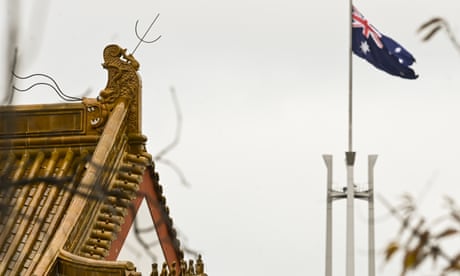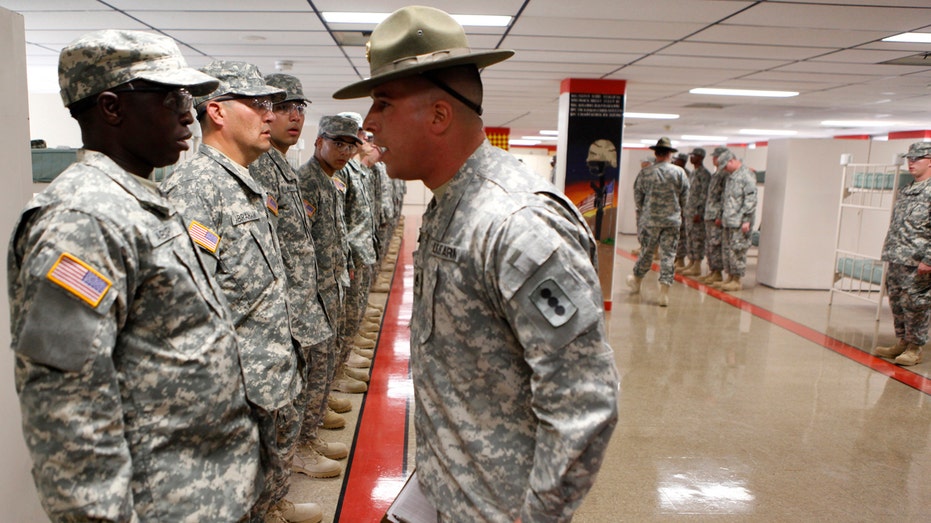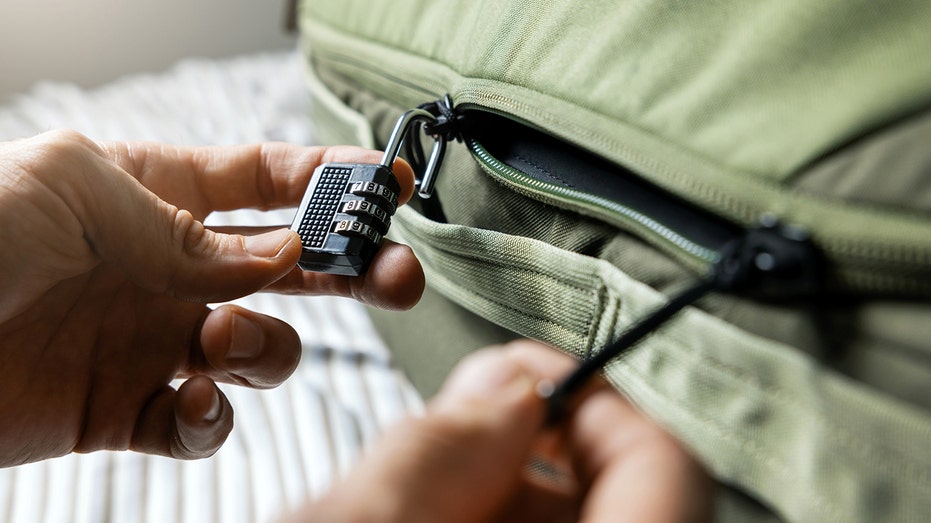- by foxnews
- 04 Jun 2025
Factcheck: the Coalition says Labor always ‘takes China’s side’, but are the parties’ positions so different?
Factcheck: the Coalition says Labor always ‘takes China’s side’, but are the parties’ positions so different?
- by theguardian
- 22 Apr 2022
- in news

As the Coalition campaign seeks to revive the talking point that Labor always "takes China's side", Scott Morrison implored reporters to "just look at the record".
So we did just that and found the claims by the prime minister and his senior ministers are either factually inaccurate, misleading, or lack context.
- Scott Morrison in response to Labor criticism over the security agreement between China and Solomon Islands, leaders' debate, Wednesday
Reality: Australia is a democracy. Questioning how the government has approached a challenging issue of foreign policy, and whether it could have done anything better to pursue Australia's interests, is not taking China's side. The Coalition and Labor have the same position on the major points of tensions in Australia's relationship with China.
- Morrison, Thursday
Labor did criticise the government's tactics though after the foreign minister, Marise Payne, first called for it in an interview on the ABC's Insiders program. The shadow foreign minister, Penny Wong, said at the time it "would have been preferable" if the government had done more diplomatic legwork to lock in support from Australia's close partners and allies before publicly announcing the call for an inquiry. Essentially, this amounted to a "safety in numbers" argument.
- Morrison, leaders' debate, Wednesday
Reality: Albanese said on 14 April 2020: "We did shut down the border with China very early. That was a good decision and that made a big difference, no doubt."
Asked on 15 April 2020 whether the government had moved quickly enough to secure Australian borders, Albanese said: "Well certainly, the border closure with China was one of the successes."
- Finance minister Simon Birmingham, ABC TV, Thursday
Reality: Actually, Albanese told the National Press Club on 25 January 2022 that Australia should "stand up for our values and we should be prepared to not compromise on them at all".
More likely Birmingham meant to refer to Albanese's comments two days later, when the Labor leader said: "China should certainly withdraw some of the actions that have been taken to stop Australian products going to China." The government has seized on the clumsy use of the word "some" to claim Labor is giving China a green light for some of the trade restrictions to remain in place. Albanese has said this misinterprets his comments, because he went on to call on Beijing to remove sanctions on Australian wine, other agricultural products and natural resources.
- Morrison, Thursday
Reality: The truth is both major parties have been recalibrating their China policy over the past decade in response to what they see as a more assertive nation under Xi Jinping. Hence, on some issues there have been times when Labor has had a more hawkish position than the Coalition. Labor was early, for example, in opposing the extradition treaty with China at a time when it was official Coalition government policy (Coalition rebels were also influential in scuttling that deal).
Wong coordinated with Payne's office before meeting with the new Chinese ambassador earlier this year, in order to ensure Australia was sending a united bipartisan message to Beijing on key priorities. Consequently, Wong's readout of her meeting was almost identical to the readout from Payne's meeting from the previous week.
There have been times, though, that Labor has accused Morrison of leaving a leadership void that was filled by outspoken Coalition backbenchers, and of lacking a cohesive strategy for dealing with a more assertive China.
- Simon Birmingham, ABC TV, Thursday
Reality: This is probably the government's strongest line of attack against Labor on national security grounds. It is true, but lacks context.
The Gillard government's 2012 budget outlined plans to cut about $5.5bn from the defence portfolio, spread over four years. That was a time when Labor remained under significant political pressure to deliver promised budget surpluses, and months before Xi took power in Beijing. (Remember that two years later, Tony Abbott invited Xi to address the Australian parliament and feted him at a state dinner.)
According to an analysis of official data compiled by the Australian Strategic Policy Institute, annual defence spending as a share of the economy hovered between 1.7% and 1.8% of GDP during the life of the Howard government.
Under the Rudd and Gillard Labor governments, it hit a peak of 1.96% in 2009-10 and a low of 1.59% in 2012-13. Under the Abbott, Turnbull and Morrison governments it has steadily risen to be about 2% now - and will continue to increase.
The Gillard government published a new defence white paper in 2013 that recommitted to increasing the defence budget to 2% of GDP as budget circumstances permitted. Albanese backed the Coalition's 2020 defence strategic update which flagged $270bn of additional spending on defence capability over a decade, and he has pledged that if elected he will also spend at least 2% of GDP on defence.
- by foxnews
- descember 09, 2016
Should you lock your luggage when traveling? Why it's a weighty matter
With tightened security, experts are warning of luggage risks like theft and mishandling for travelers. TSA sees 90,000 to 100,000 items left at checkpoints monthly.
read more


